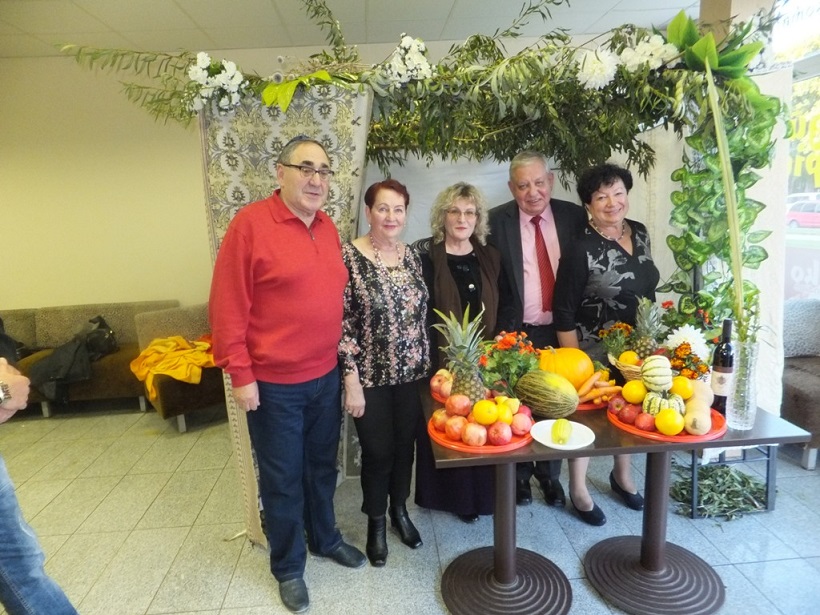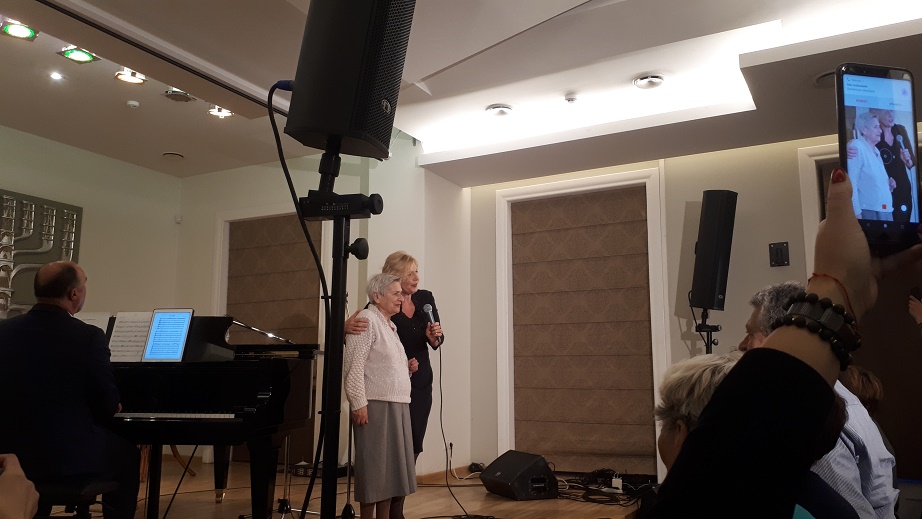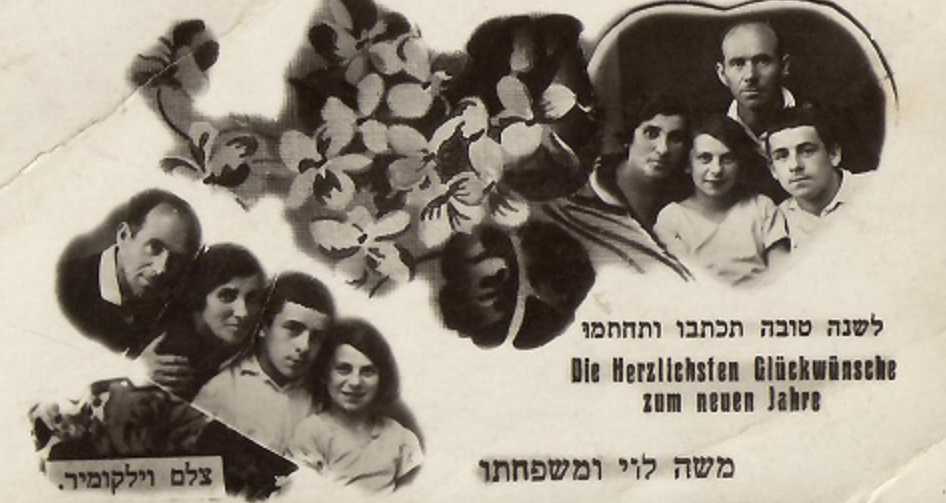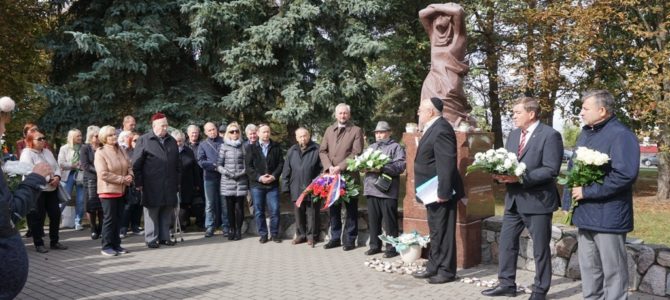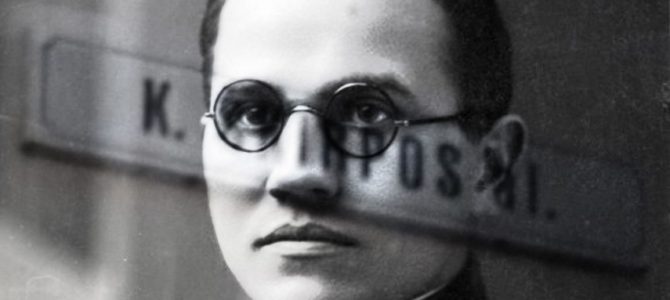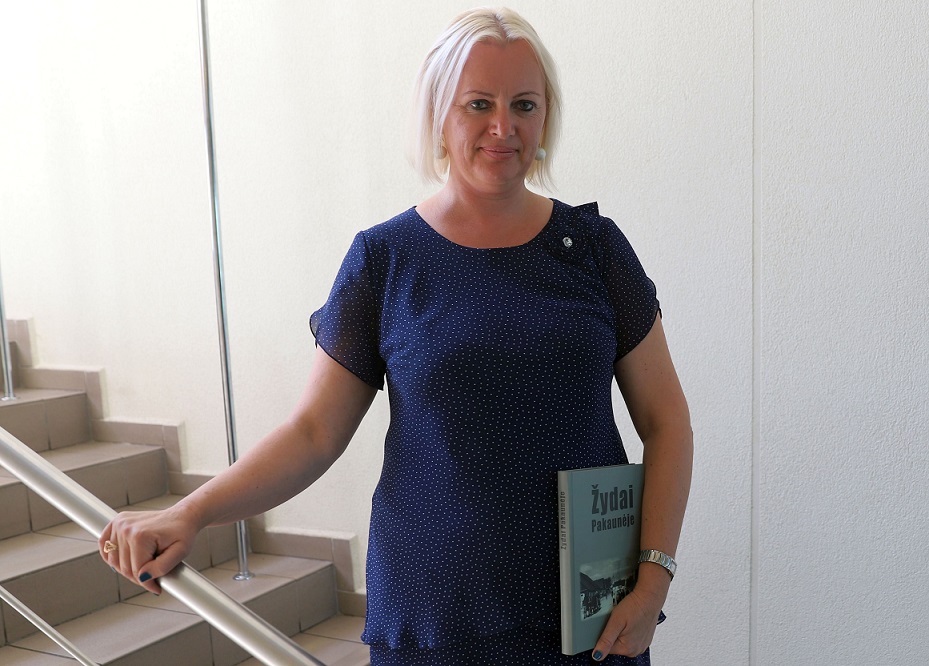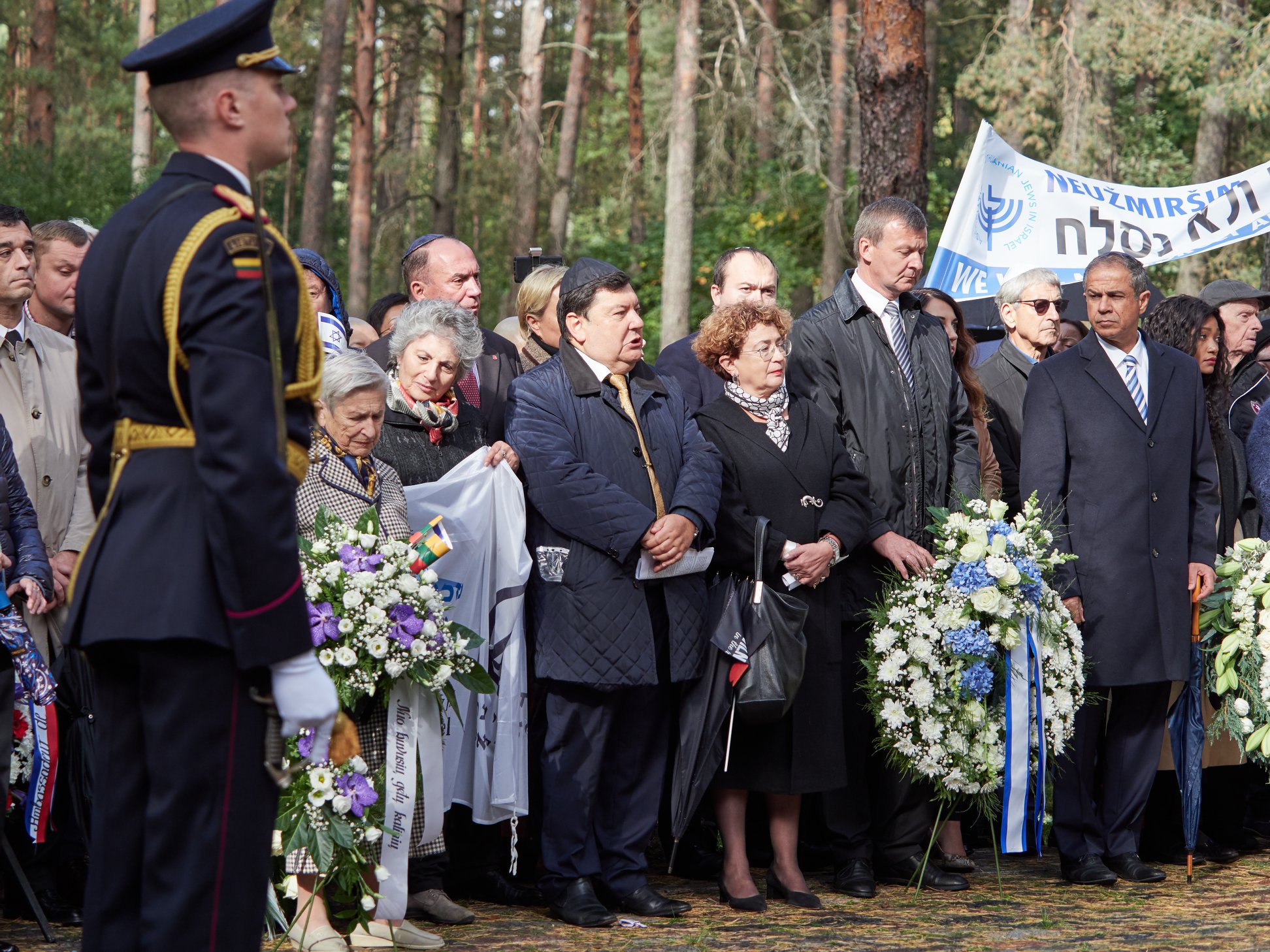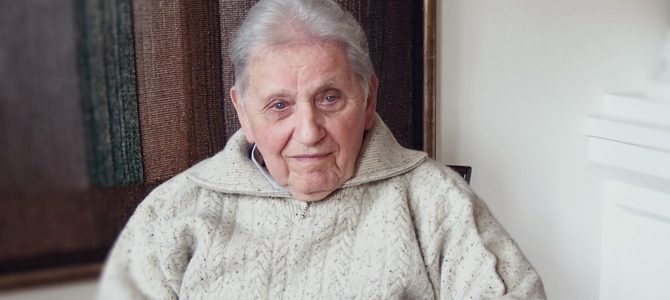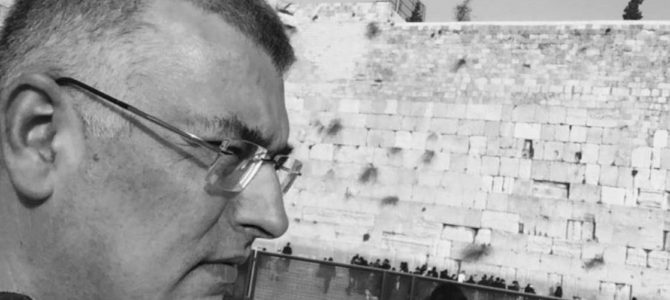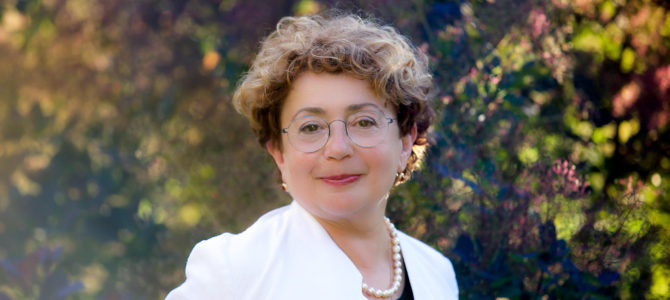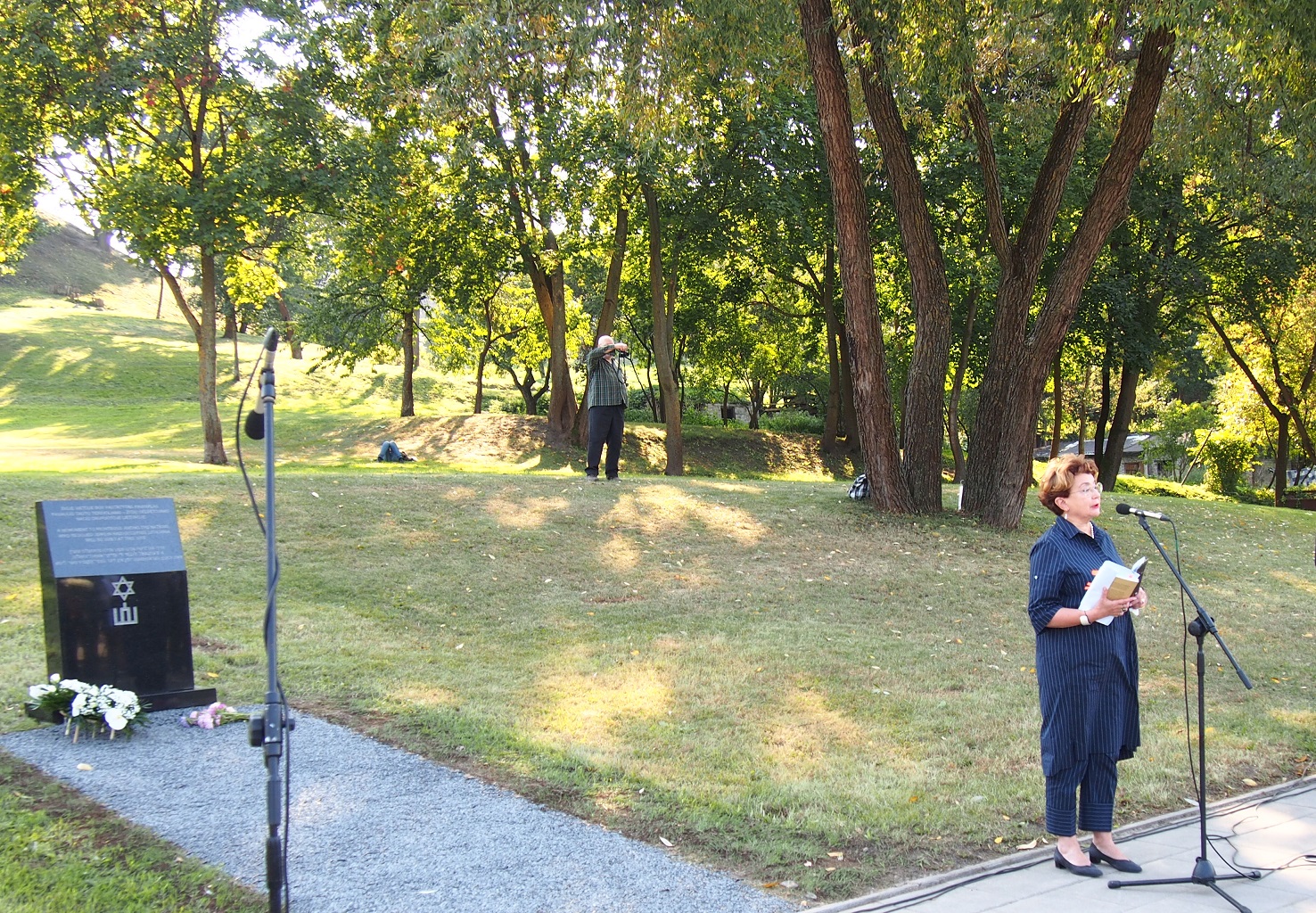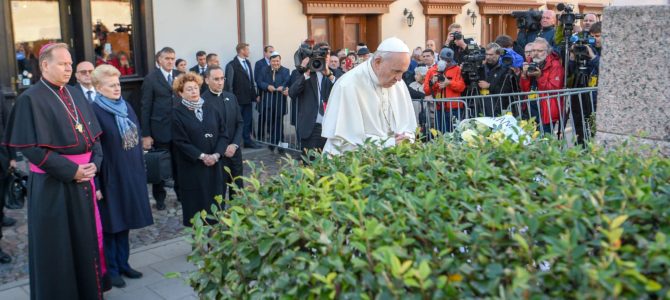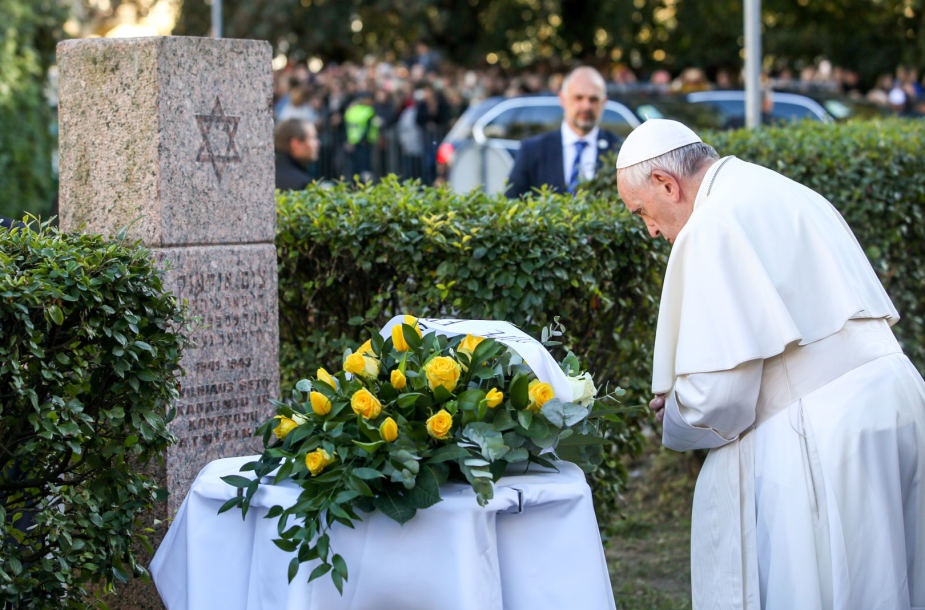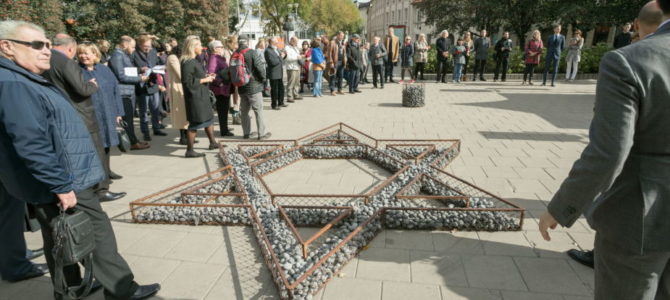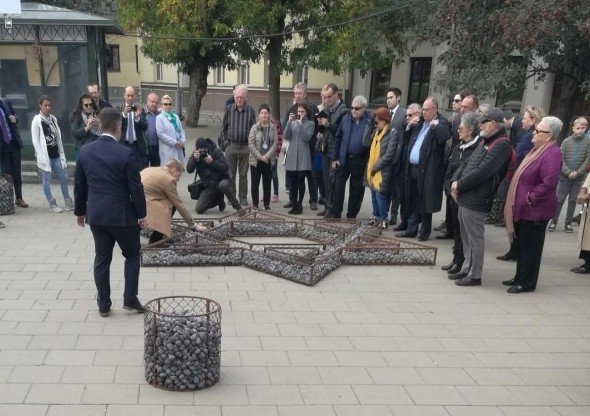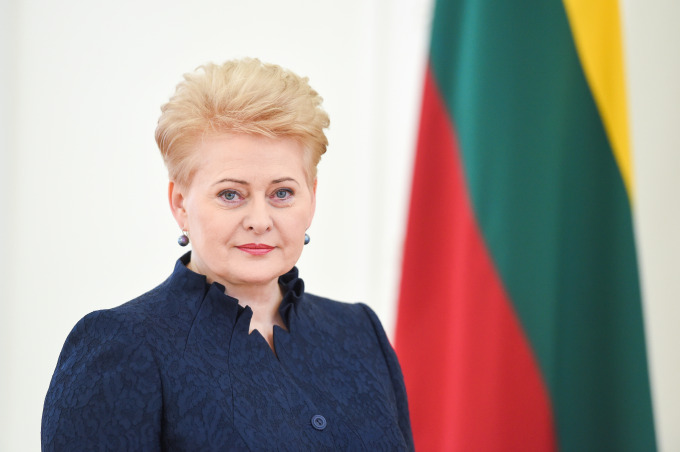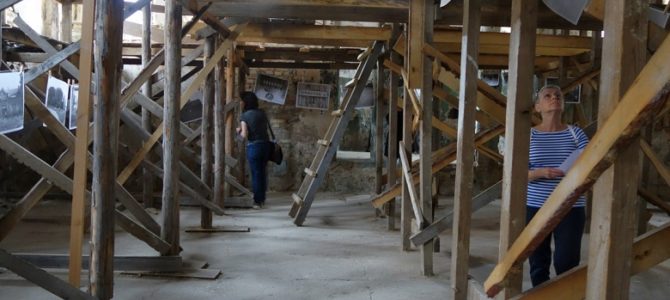
by Agnė Narušytė
Two photography exhibits which don’t exist provoked me to write this article. One was supposed to open next week, but will not, and the other ran for just one day in a synagogue full of construction platforms. Neither artist was born in Lithuania but they live here now. Both exhibits concerned ethnic groups who were victims of the Holocaust: Jews and Roma.
British photo-journalist Richard Schoefeld came to Vilnius in 2001 and lived there until 2013 when he moved to Kaunas to work on a project connected with Litvaks. Since then Litvak culture has been his main theme. In 2015 he established the International Centre for Litvak Photography, an NGO which seeks to make Jewish history and culture topical and especially for young people to learn about Litvak culture using photography, art installations, workshops and other means. For several years now he has been trying to convince the intellectuals and government of Kaunas of the need to restore the Šančiai synagogue which is falling into ruin. He hasn’t succeeded.
So then Schofield drew up a list of about one hundred Lithuanian synagogues and set for himself the task of visiting each one. He hitchhiked for 12 days, kept a diary and used his mobile phone to record some of the people he met and the surviving and ruined synagogues. Only a very few had any signs of restoration work: bags of cement, bricks, tools. Many are simply falling down, although they are protected by the Lithuanian state as “monuments of great cultural, historical and architectural value.” As an example, the entry in his diary about the synagogue in Žemaičių Naumiestis reads: “Trees and bushes are growing in the middle of the building. Rays of sunlight shine through holes in the roof. Someone needed some flooring so they just stole it.”


